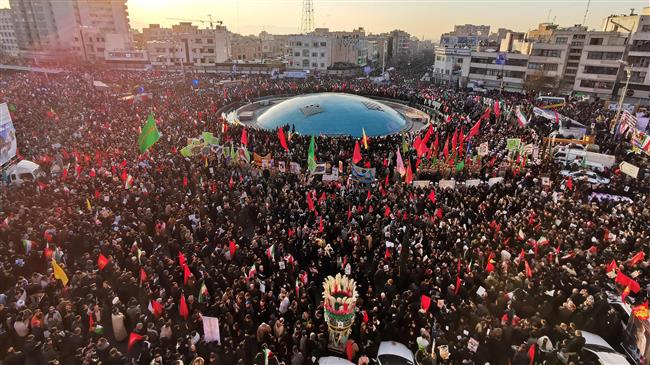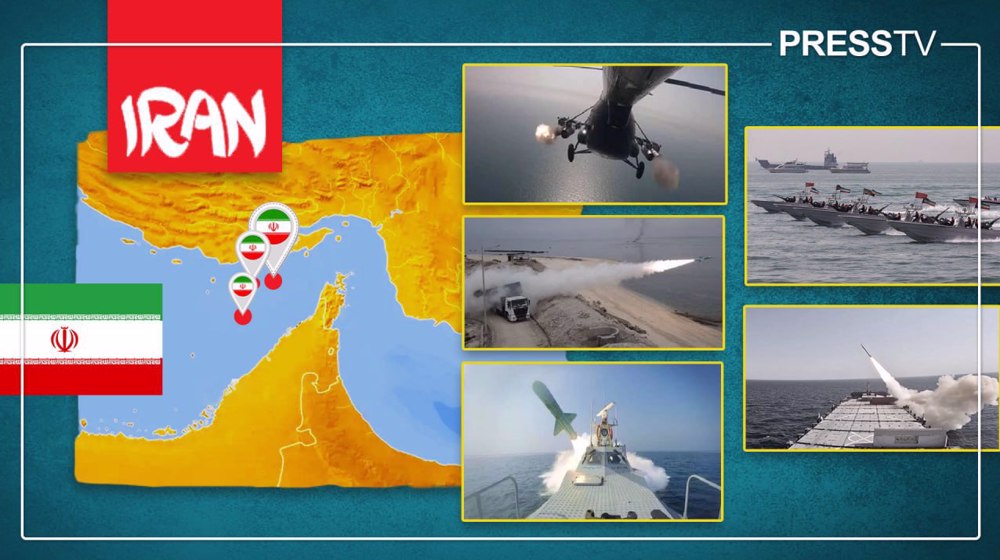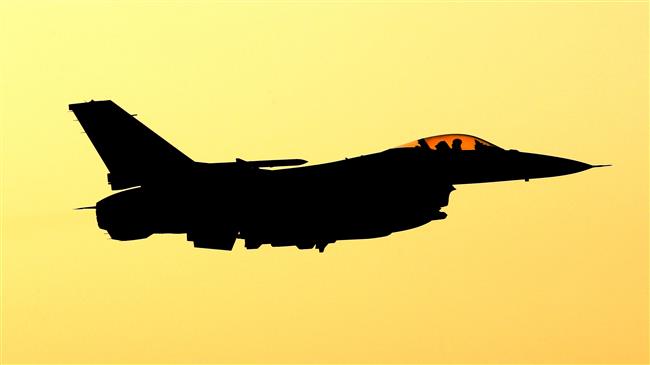The Weekly: Our most important stories from last week
The Weekly is a brief look back at the most consequential news from last week with a view to putting them in context. Published every Monday, The Weekly retells each of the selected stories, adds a little perspective, and gives directions as to where things may be headed.
The news last week (December 31, 2019 to January 5, 2020) was dominated by one act of folly: the assassination by the United States military of Iran’s top anti-terror general. The assassination triggered massive impacts that are likely to stay center stage for months.
An effective act of war
On Friday, January 3, 2020, the United States military assassinated Lieutenant General Qassem Soleimani, the commander of the Quds Force of Iran’s Islamic Revolution Guards Corps (IRGC), in Iraq.
That was the most brazen act of aggression by the US against the Islamic Republic in the 40 years since the 1979 Revolution, and was an act of foolishness that even former presidents George W. Bush and Barack Obama had refrained from committing.
Lieutenant General Soleimani, a top military strategist, had been commanding a sweeping range of operations on the ground across Syria and Iraq against the Daesh terrorist group since 2014, bringing an end to the terrorist group’s territorial rule in 2017. He was also the recipient of Iran’s highest military order, the Order of Zulfaqar, and was massively popular with the Iranian people.
Foreign observers have already described the assassination as “tantamount to an act of war.” So have former US officials.
While Lieutenant General Soleimani made routine trips to Iraq and Syria to oversee the operations against Daesh, at the time of his assassination, he was in Baghdad to relay Iran’s reply to a message from Saudi Arabia handed over to Iran earlier via Iraq regarding de-escalation in bilateral ties, according to Iraqi Caretaker Prime Minister Adel Abdul-Mahdi.
The assassination was carried out by the US military as Lieutenant General Soleimani left the Baghdad airport. The attack, a drone strike, also killed Abu Mahdi al-Muhandis, the second-in-command of Iraq’s Popular Mobilization Units (PMU), as well as eight other people.
Iran pledges ‘harsh revenge’
The assassination set in motion an array of geopolitical effects.
US President Donald Trump was unusually muted for hours after the assassination, merely posting a low-resolution US flag on his Twitter page, and the Pentagon did the talking. It said the assassination had taken place specifically on Trump’s order, and because Lieutenant General Soleimani had been planning attacks on US interests in the region.
Iran denied that assertion, and The New York Times later reported that US military officials themselves had questioned the US’s putative rationale for the assassination.
Leader of the Islamic Revolution Ayatollah Seyyed Ali Khamenei swiftly pledged “a harsh revenge” on America.
Iran’s Supreme National Security Council also held an emergency meeting to lay out the country’s response that same day.
On Sunday, January 5, 2020, Sayyed Hassan Nasrallah, the secretary general of Hezbollah, presented the Lebanese resistance group’s own response.
The Iraqi PMU, too, promised similar retaliation.
Trump commits folly after folly
Mr. Trump, suddenly out-spoken, then several times threatened Iran with more strikes, including on “Iran’s cultural sites.”
It is unlikely that he is receiving any counsel from people in the know. His secretary of state, Mike Pompeo, had earlier posted footage of what he said were Iraqi people dancing on the streets because of Lieutenant General Soleimani’s assassination. Shortly afterwards, hundreds of thousands of Iraqis organized and took part in funeral processions for Lieutenant General Soleimani on the streets of Baghdad, Karbala, and Najaf. In fact, they requested that the general’s body stay in Iraq for those processions before it is transferred to Iran.
Zarif calls Pompeo a ‘clown masquerading as a diplomat’
Iranian Foreign Minister Mohammad Javad Zarif didn’t let Pompeo off the hook. In a tweet, and following the massive funeral processions in Iraq, Mr. Zarif called the US official a “clown masquerading as a diplomat.”
24 hrs ago, an arrogant clown— masquerading as a diplomat— claimed people were dancing in the cities of Iraq.
— Javad Zarif (@JZarif) January 4, 2020
Today, hundreds of thousands of our proud Iraqi brothers and sisters offered him their response across their soil.
End of US malign presence in West Asia has begun. pic.twitter.com/eTDRyLN11c
Iraq votes to expel American troops
But, while the US will have to be on constant alert for Iran’s response, perhaps the most immediate effect of the assassination came on Sunday, January 5, 2020, when the Iraqi parliament voted to expel the American troops in Iraq.
That is now pending Prime Minister Abdul-Mahdi’s approval.
Iran suspends all enrichment limits under nuclear deal
And, in another major setback for America, Iran decided to suspend its commitments regarding enrichment under a multilateral nuclear deal that Trump had unilaterally withdrawn America from in 2018.
While the timing and nature of Iran’s response to Lieutenant General Soleimani’s assassination is unknown, the US will have good reason to fear a strong one. And together with the effective suspension of the nuclear deal, the Trump administration, and the world, will have much to anticipate in the days and weeks to come.
Stay tuned!
Egypt’s gas deal funnels $35bn to Israeli coffers
Yemen rallies against Qur'an desecration as tens of thousands march in Sa’ada
‘Grotesque colonial fantasy’: Venezuela's UN envoy hits back at Trump over oil remarks
Farmers say EU leaders ‘don’t care’ about real problems
Iran unveils advanced simulator covering 300 civilian, military ships
VIDEO | Press TV's news headlines
VIDEO | International Migrants Day: Protest in Paris against racism, state policies
Israeli violations against Syria pose ‘direct threat’ to regional security: Iran



















 This makes it easy to access the Press TV website
This makes it easy to access the Press TV website